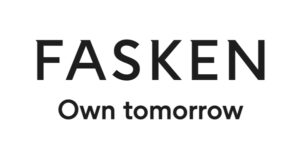The Dufresne Group (the “Group”), which operates Ashley Homestores and Dufresne Furniture and Appliances, must pay a substantial $3.25 million penalty, according to a statement from the Competition Bureau of Canada (the “Bureau”) released September 27, 2023. This settlement marks the resolution of concerns raised by the Bureau regarding the Group’s marketing practices.
The Bureau’s investigation into the Group’s marketing practices revealed a series of concerns related to the accuracy and honesty of their advertising claims. According to the Bureau, customers of Ashley Homestores were led to believe that they were benefiting from substantial discounts, based on assertions made through online platforms and various other advertising mediums within physical stores. Notably, the Bureau found that these apparent discounts were artificially exaggerated based on inflated regular prices, contrary to the ordinary price claims provisions of the Competition Act (the “Act”).Continue Reading The Dufresne Group Hit with $3.25 Million Penalty Amidst Competition Bureau’s Concerns Over Marketing Claims




